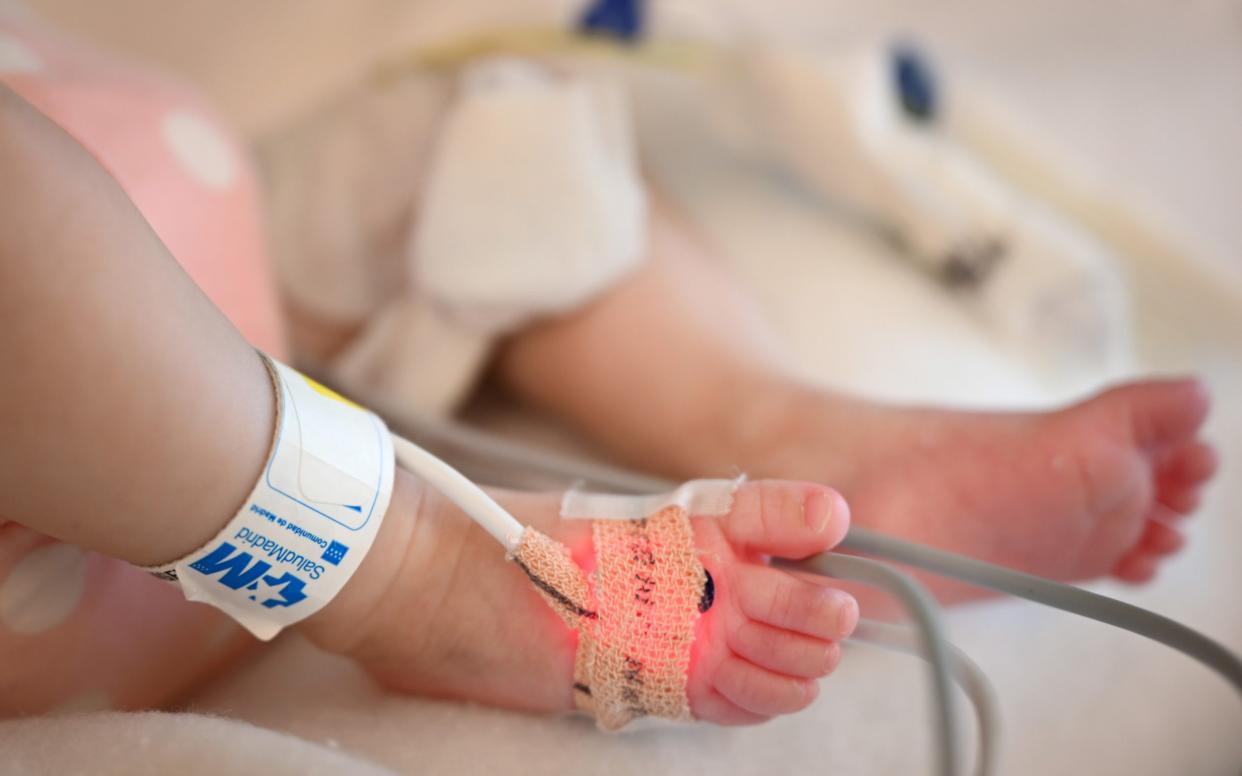Number of babies catching deadly but preventable infection rises 80 per cent

The number of babies catching a deadly but preventable infection has risen 77 per cent in the last 25 years, official figures reveal.
Campaigners are calling for routine screening of Group B Streptococcus (GBS), warning that hospital staff are not on the lookout for the disease.
Data from Public Health England (PHE) show that in 2020, 520 babies caught early onset GBS, which can lead to sepsis, pneumonia and meningitis.
On average, a baby dies from the infection every week in the UK and another is left with long-term disability.
The rate is currently more than double that of many other high-income countries.
The new figures follow earlier findings that showed widespread failures to follow medical guidelines intended to combat the disease in UK hospitals.
GBS is a bacteria carried harmlessly by around a fifth to a quarter of pregnant women, and only causes a problem if the baby is exposed to the pathogen during labour and in the early weeks after birth.
The infection is easily detectable using a swab test.
However, only 13 per cent of NHS trusts were recently found to be using the correct Enrichment Culture Medium test.
Meanwhile, 51 per cent of trusts did not provide pregnant women with information on the disease.
The charity Group B Strep Support is calling for all expectant parents to be informed about the condition, for all doctors and midwives to be fully informed, and for all hospitals to use the recommended test.
An ongoing trial involving 320,000 pregnant women is examining the merits of testing for the infection during pregnancy or labour.
Jane Plumb, the charity’s chief executive, said: “This new data from PHE shows that so many more babies are developing what is often a preventable disease, and that the pace of change is slow. Urgent action is needed.”
Nadine Dorries, the health minister, said: “The NHS is one of the safest places in the world to give birth, and I urge women to not hesitate in coming forward for scans and NHS support as soon as possible.
“Group B Strep (GBS) can be a silent killer and I am determined to do everything I can to protect mothers and babies.
“I was proud to announce a large-scale clinical trial in 2019 comparing universal screening for GBS against usual risk-based care for expectant mothers has enabled us to gather crucial evidence on the best approach and we continue to keep our policy under review.”

